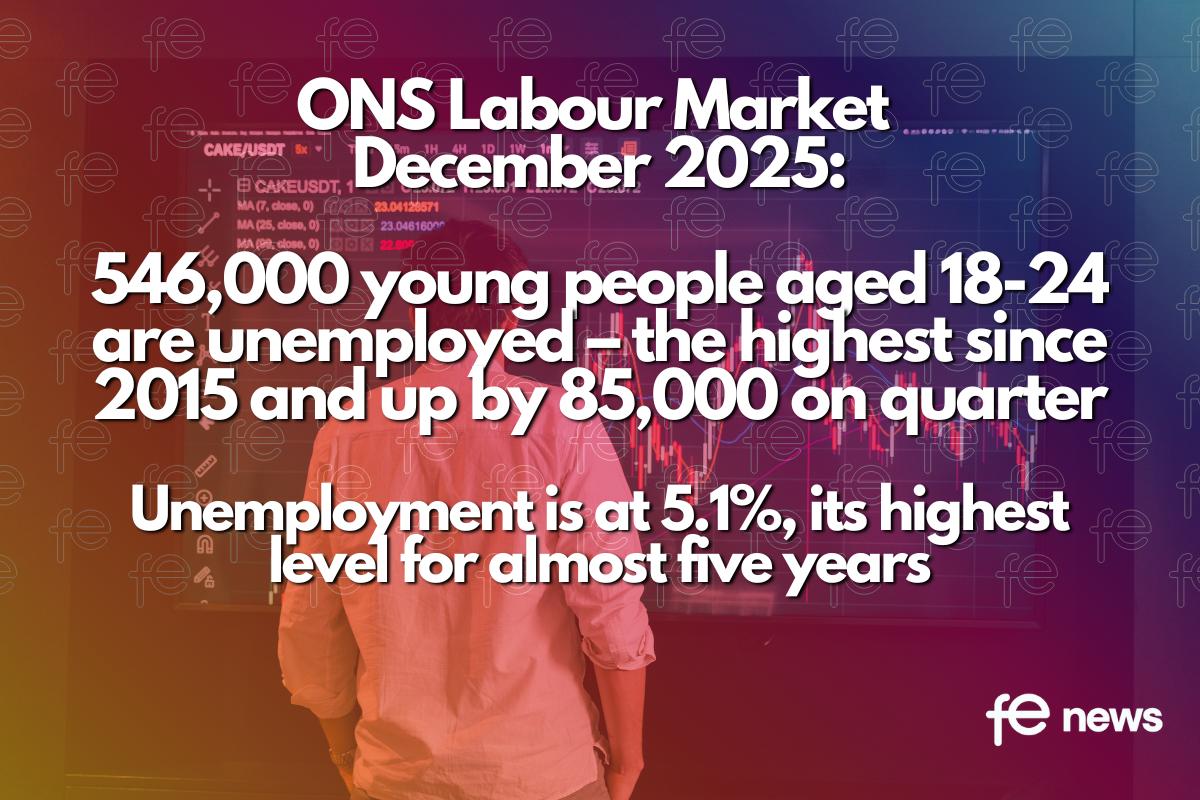Supporting the Mental Health of Mature Higher Education Students

Assumed Resilience
Mature students in higher education are defined as those aged over 21. They are often portrayed as self-reliant, independent learners, who are naturally confident, motivated and well placed to draw on life experiences to problem-solve.
However, as with any student, mature students are susceptible to a wide range of factors that will affect their mental health and impact on how they cope with the demands of higher education. This applies to all mature students irrespective of whether they are entering higher education for the first time or returning to enhance their studies and gain further qualifications.
Key Characteristics
Typically, mature students are more likely to:
- Be in full or part-time work while studying (part or full-time)
- Have caring responsibilities, and may be supporting a range of dependents (children and/or adults of all ages), each with different support needs, leading to increased stress
- Be managing a disability or long-term health condition (including stress, anxiety, depression and other mental health conditions), which may have prevented them engaging with higher education earlier in life, or may be the reason they have now chosen to study, and
- Be managing significant financial responsibilities that have a direct bearing on themselves and their dependents, with risk of disruption (e.g. unemployment) carrying additional stress.
All of the above can result in the mature student placing undue pressures on themselves due to a fear of failure, setting unrealistic and unsustainable targets, making them more susceptible to reconsidering their priorities and withdrawing from studies due to personal rather than academic reasons.
Juggling Competing Demands and Maintaining Motivation
Compared with their younger peers, mature students are more likely to be juggling a range of personal, life and work-related demands, that will be competing for their time and attention and draining resilience.
The most common challenge faced by mature students is juggling competing demands and maintaining motivation. The solution may be as simple as helping them organise their work-life-study balance, by setting realistic and sustainable goals that can be monitored and flexed in line with changing needs. Supporting mature students to establish “non- negotiables” with friends and family can help them retain a sense of control, while friends and family feel part of this new life, thereby avoiding resentment.
Sense of Belonging and Loneliness
Mature students are more likely to look to friends and family for support and community, and although they can be very supportive, they can also act as a negative force, challenging what the mature student hopes to achieve, affecting their confidence, motivation, and causing self-doubt.
Mature students may struggle to feel a sense of belonging with younger peers, choosing to keep academic and social lives distinct; they may also express unease at no longer sharing the same interests as friends and family. This can cause a sense of disconnection, loneliness, isolation, and other insecurities.
Helping mature students realign their changing worlds can help prevent a growing sense of isolation and resentment by the student and their friends and family. Likewise, helping them understand how to employ their life experiences and transferrable skills to actively engage with their peers in their learning, can help address issues of self-exclusion. Creating opportunities that enable mature students to talk with each other, with staff and specialist services, and where appropriate with friends and family, can help boost confidence, motivation and resilience.
Creating a Mental Health and Wellbeing Support Structure
To help mature students manage their mental health, a holistic approach is needed, balancing the demands of studies, work, family and personal life needs, and providing practical and timely solutions that complement the student’s personal circumstances.
The support needs to be flexible, and readily accessible online, in person or on campus, signposting external specialist services as appropriate that address general life and mental health needs (e.g. Open University Help Centre).
Recommendations
As part of creating a mental health and wellbeing support structure The Open University proposes the following recommendations.
Recommendation 1
Higher education institutes should develop holistic and inclusive approaches to mental health that encompasses all students irrespective of age, mode or intensity of study, and can accommodate different personal needs and circumstances.
Recommendation 2
Providers of higher education should introduce mental health approaches that assist students to balance the needs of studies, work, and friends and family, and develop effective and sustainable coping strategies.
Recommendation 3
More specifically, mental health strategies for all higher education students must promote self-worth and confidence, by creating a sense of belonging and community through active and authentic conversations.
By Arlëne Hunter, The Open University
Understanding and Overcoming a Mental Health Crisis in 2021 |
|
This article is from the new publication ‘Understanding and Overcoming a Mental Health Crisis in 2021: issues for post-16 education, employment, the world of work and retirement’. Some of the issues and concerns for mental health discussed existed prior to the pandemic, but Covid-19 has caused additional pressures on young people and adults. The authors make specific recommendations to support apprentices and students at colleges, university and in adult learning, as well as people in and out of work. The important role of education, lifelong learning and good work in promoting mental wellbeing and reducing mental health problems is also addressed. Published by the Campaign for Learning, it brings together sixteen specialists from mental health and post-16 education and employment to set out what needs to be done to prevent or limit a mental health crisis in 2021. |
|











Responses